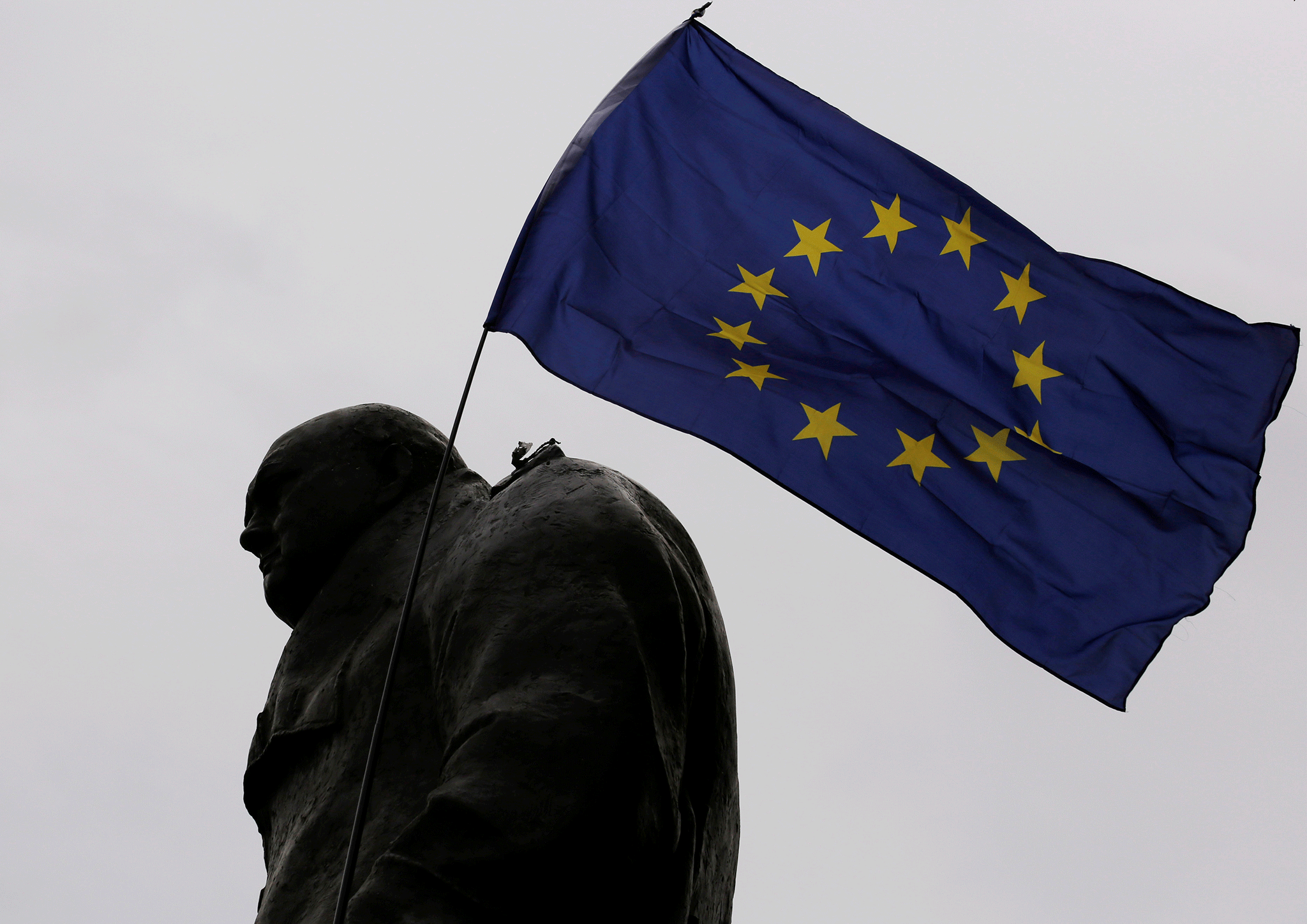Brexit: MPs 'very likely' to be given parliamentary vote on EU withdrawal deal, government lawyer says
The revelation came amid a High Court challenge to Theresa May's plans to trigger Article 50 and begin Brexit, without parliament's consent

Your support helps us to tell the story
From reproductive rights to climate change to Big Tech, The Independent is on the ground when the story is developing. Whether it's investigating the financials of Elon Musk's pro-Trump PAC or producing our latest documentary, 'The A Word', which shines a light on the American women fighting for reproductive rights, we know how important it is to parse out the facts from the messaging.
At such a critical moment in US history, we need reporters on the ground. Your donation allows us to keep sending journalists to speak to both sides of the story.
The Independent is trusted by Americans across the entire political spectrum. And unlike many other quality news outlets, we choose not to lock Americans out of our reporting and analysis with paywalls. We believe quality journalism should be available to everyone, paid for by those who can afford it.
Your support makes all the difference.It is "very likely" that MPs will be able to vote to ratify the Brexit agreement before the UK leaves the EU, Downing Street has said.
A government lawyer revealed the information in the High Court challenge to Brexit today. No 10 has since confirmed the measure.
Lawyer James Eadie made the comments while defending the Government in the case currently being heard in the Royal Courts of Justice, which contends Theresa May cannot trigger Article 50 without the approval of MPs in parliament.
Following the contesting lawyers’ claims that to do so would be an abuse of executive power as it would side step parliament which has sovereignty in such matters, Mr Eadie said parliament would be able to approve Brexit plans in some way. He told the court: “It is ultimately dependent upon the agreement of the parties to the treaty, whether they want it to be subject to ratification processes in the usual way. But as I say, the view within government is that it is very likely that most of this treaty will be subject to ratification process in the usual way.
“Most of them are. It is a pretty rare event for the things to take effect immediately upon accession.”
He added: “Any such changes are a matter for future negotiations, parliamentary negotiations, and implementation by legislation… The government view at the moment is that it is very likely that any such agreement would be subject to ratification.”
The legal challenge against triggering Article 50 is being taken by a number of pro-Remain individuals as well as a crowd-funded initiative known as the People’s Challenge. In three days of legal arguments, which began on Thursday and concluded today, the court was told parliament alone has the authority to trigger Article 50. Lawyers said constitutional law stipulates only parliament has the power to grant or remove rights of British citizens, and as Brexit will result in loss of EU rights it alone has authority to initiate Article 50.
Government lawyers defended Theresa May’s plan to trigger Article 50 at an executive level. They told the court the 2015 Referendum Act setting out plans for the 23 June referendum made no mention of parliamentary approval being required for EU withdrawal.
Judgement in the case is expected to be announced later this month.
Join our commenting forum
Join thought-provoking conversations, follow other Independent readers and see their replies
Comments